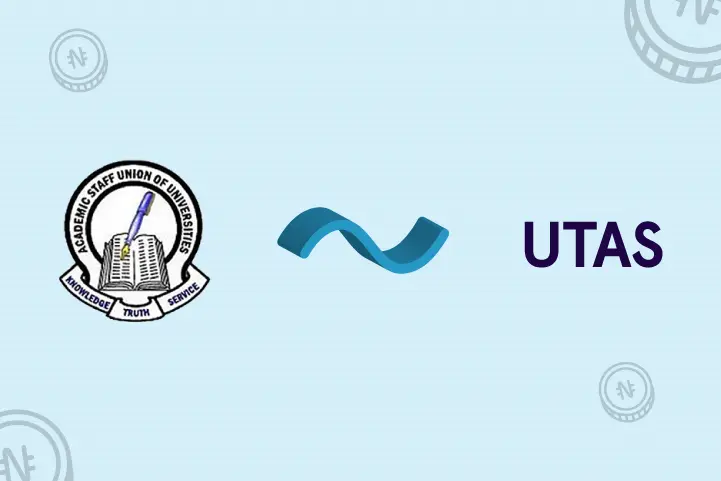IPPIS was designed for core MDAs in Nigeria, and it cannot accommodate the peculiarities of the university payment system, hence the need for UTAS.
Public tertiary institutions in Nigeria have been shut down since the Academic Staff Union of Universities (ASUU) declared a nationwide strike on February 14, 2022.
The strike is due to the poor welfare condition of ASUU members, the Nigerian government's failure to renegotiate earlier agreements with the union and the alleged imposition of the Integrated Payroll and Personnel Information System (IPPIS) by the government, instead of the Universities Transparency and Accountability Solution (UTAS).
As you will discover later in the next paragraphs, the payment system is the major reason for the back and forth between the Nigerian government and ASUU.
IPPIS and what ASUU thinks about it
IPPIS was conceptualized in October 2006 by the Federal Government of Nigeria (FGN) as one of its Reform Programme, to improve the effectiveness and efficiency in the storage of personnel records and administration of monthly payroll to enhance confidence in staff emolument costs and budgeting.
It was also envisaged that the System will be implemented according to best practices obtainable in other parts of the world where Information Communication Technology (ICT) is used to improve management reporting.
Although the platform was introduced to curb corruption such as payment of salaries to ghost workers, ASUU has said that IPPIS since its introduction had contributed to about 75% of the problems affecting Nigeria's university system.
"The amputated salaries, omission of staff in payrolls, non-remittances of check-off dues and other issues that result in constant agitation are due to this faulty and deceptive software forced into the system by the government and ASUU rejected it. The recent revelation by the Auditor-General of the Federation on the operation of IPPIS indemnifies the union, a clear indication that IPPIS software is fraudulent," Endurance Joseph, ASUU Chairman at the Ignatius Ajuru University of Education, Port Harcourt, Rivers State said.
A report by Nigeria's Auditor General revealed that as of November 2020, more than 14 years after the rollout of IPPIS, a fraud of over ₦3.96 billion was identified. Recently, Nigeria's former Accountant-General of the Federation, Ahmed Idris was detained for an alleged ₦80 billion fraud that involved comprising the IPPIS.
Aside from the aforementioned frauds, IPPIS does not cater for the peculiarities of ASUU members, such as their earned allowances. In a 2019 FGN/ASUU agreement, the University Transparency and Accountability Solution (UTAS) was introduced by ASUU to make up for the gaps within IPPIS's operations.
What's up with UTAS?
Although about 711 ministries, departments, and agencies of government in Nigeria are on the IPPIS platform, ASUU insists that the platform is not accommodating the peculiarities of Nigeria's university system.
The union has however said that UTAS which was designed by them will make up for IPPIS. However, the Director-General of the National Information Technology Development Agency (NITDA), Kashifu Inuwa has said that UTAS has failed the necessary tests that should qualify it to be used as a payment platform.
Inuwa's submission is contrary to a NITDA restricted report that revealed that the UTAS scored 99.3% in 698 test cases. "NITDA tested UTAS against IPPIS, ignoring the peculiarities [such as sabbatical and other earned allowances] that have been the argument regarding the payment system—IPPIS is designed for core MDAs," Deborah Tolu-Kolawole, a Nigerian journalist covering the issue told Benjamindada.com. "ASUU wants the government to either approve UTAS or allow them to not be enrolled on IPPIS."
Last month, ASUU revealed that NITDA is carrying its third test on UTAS. To ensure that its proposed alternative payment platform gain wider acceptability in Nigerian Universities, ASUU has updated the end-users of the solution in the Federal Government’s-owned Universities’ Bursary Units on what the union termed "merits of its use" IPPIS being deployed for the institutions.






